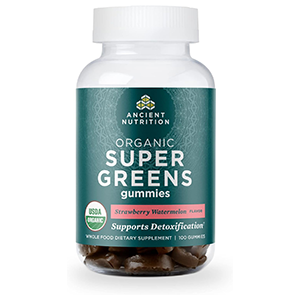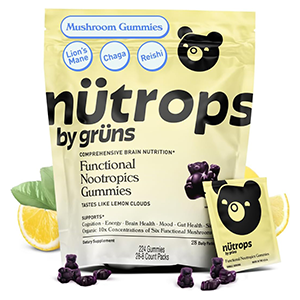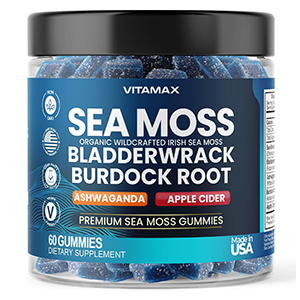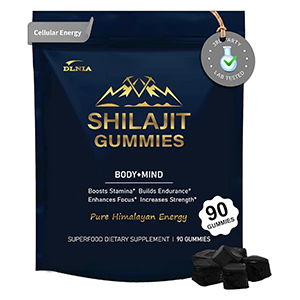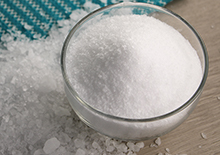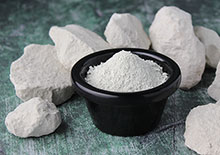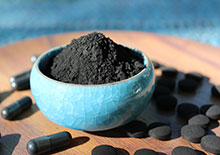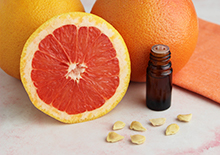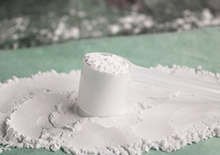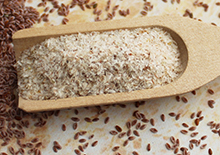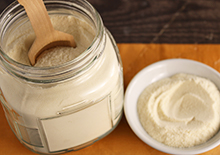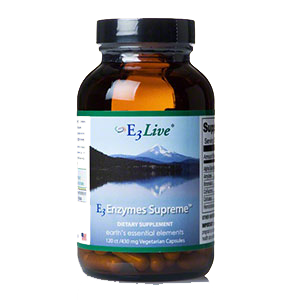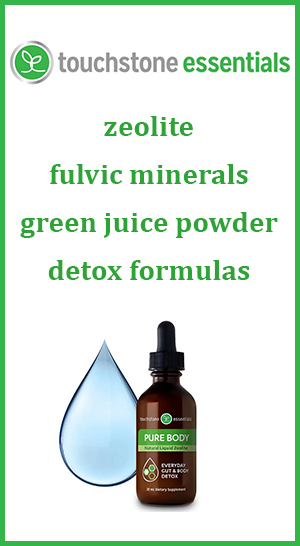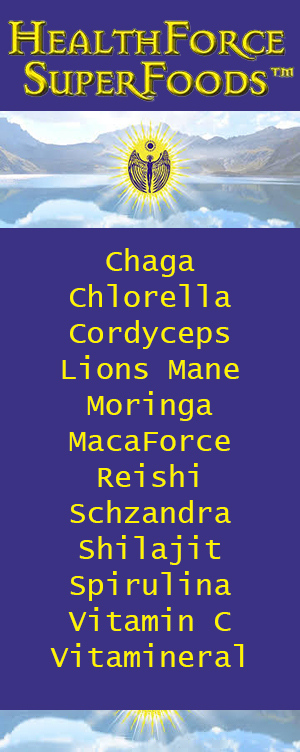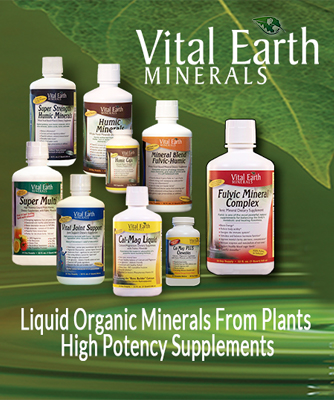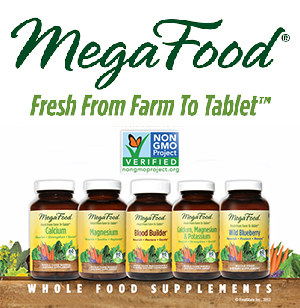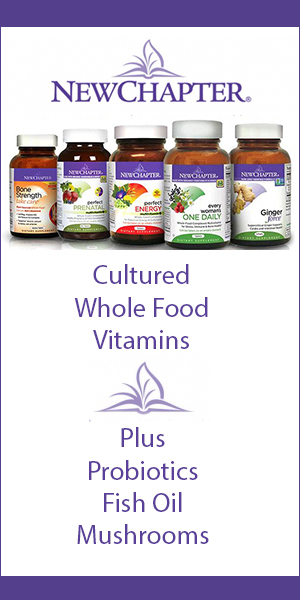- Home
- Super Supplements
- Supplement Gummies Pros and Cons | Are They Effective?
Supplement Gummies Pros and Cons | Are They Effective?
Intro | Gummies Vs Pills | What are Gummies Made Of | Are They Nutritional | Top Benefit | Con #1 | Con #2 | Con #3 | Precautions | Shop

On this page, we wanted to address the latest "gummy craze" in the health supplement market, especially over the last couple of years.
Many brands we notice today seem to be jumping on the gummy bandwagon, offering this new alternative to capsules, tablets, powders, or liquids.
By the way, we're referring to adult gummies, not the candy, although they can taste and smell similar.
Table of Contents
Intro | Gummies Vs Pills | What are Gummies Made Of | Are They Nutritional | Top Benefit | Con #1 | Con #2 | Con #3 | Precautions | Shop
These versions actually did start out as a kid’s vitamin that no doubt came from historically child-trendy sweets like gummy worms and gummy bears. But as far as we remember, adult gummies first really became popular when CBD was introduced to the holistic wellness-seeking consumer.
After that, many herbal, vitamin and superfood supplement producers began promoting them as a more palatable substitute for the hard-to-swallow pill. Some of them even look like a gummy bear.
Here we will cover our research and review on the pros and cons of gummies and whether they're as effective as traditional supplement forms.
Supplement Gummies Vs Traditional Pills
Supplement gummies are soaring in popularity these days because companies are realizing that what appeals to children can also work for adults.
Gummies make a convenient option for those who are nutrient deficient due to poor dietary choices.
Obviously correcting dietary habits is a good idea, but often times such individuals need a more flavor-filled experience when it comes to getting their daily allotment of nutrients and wellness-boosting superfoods.
Are herbal and vitamin gummies, however, equivalent to the traditional supplement format?
This largely varies on the ingredients used. We always recommend those that are sourced from whole foods and herbs (or extracts thereof).
We reviewed some higher quality brands that offer supplements in the form of either a gummy and a liquid or powder. From our research comparing both side by side, most trended toward the same or higher milligram amounts per serving size for their gummies versus their capsules and liquids.
So, the next questions that remain: what are the other added ingredients in gummies and do they interfere with nutrient absorption?
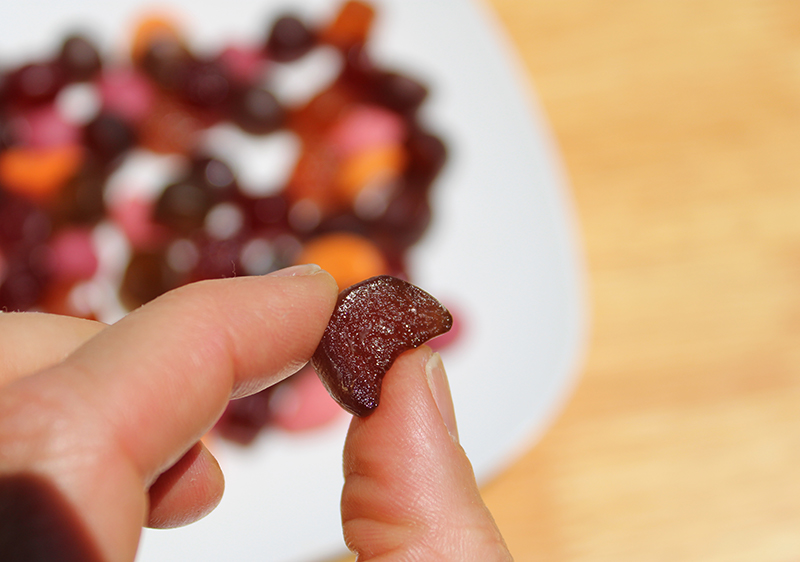
What are Adult Gummies Made Out Of?
Of course, all gummies range depending on what active ingredients are used, but now we will address what gives gummies their unique chewable texture.
The basic gummy-making process involves combining dry powdered ingredients with liquid gelling agent solutions. This mixture is heated slightly, poured into molds and cooled to solidify.
However not all manufacturers use the same textural constituents to get the same end result.
Although gummy candies are typically made with a gelatin base, gummy health supplements can contain a number of different elements to give them a thick gelatinous bite.
While some do use animal-derived gelatin, many use vegan options. Most we found use a combination of thickeners to create a gummy consistency and to prevent them from sticking together. Pectin, tapioca starch and carnauba wax are usually top on this list, but others may include rice flour/starch, sea moss, inulin, acacia gum and sunflower oil.
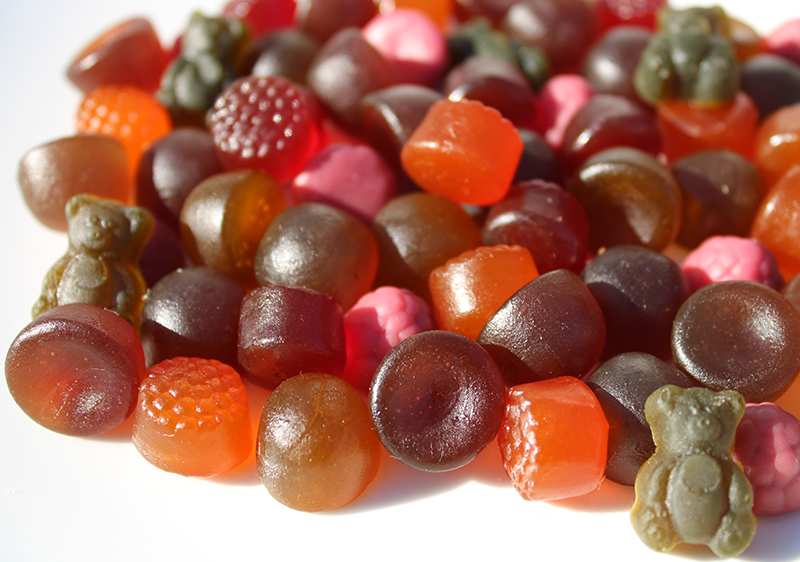
Are Gummies Nutritionally Effective?
One commonly asked question some may ponder is if gummies, with their chewy-like texture, will effectively break down into usable nutrients compared to a pill, powder, liquid or food.
Normally, when most people eat gummies, they chew them first into smaller pieces and enjoy the flavor before swallowing.
Once these pieces hit the stomach, gastric juices will dissolve and/or separate starches or wax from the nutritional or herbal concentrates. As always, absorption primarily takes place in the small intestine, followed by nutrient assimilation into the bloodstream.
During digestive processes, your gastrointestinal tract will self-regulate, speeding up or slowing down to completely digest the gelling agents in gummies. Some ingredients, like carnauba wax, simply pass through the digestive tract unabsorbed.
This remains true for most individuals, unless you happen to have certain digestive sensitivities or allergies to some of the gelling agents used. In minor cases, some nausea or a mild stomach ache can occur post consumption.
But, yes, for a majority of people, the nutritional contents in a gummy at the time of ingestion are presumably bioavailable, although to date there isn't a lot of research to back this up.
In one study analyzing Vitamin C content consumed from both gummy and caplet sources, "similar plasma absorption profiles" were observed in healthy adults tested. In other science, a gummy supplement showed improvement in hair growth. (*) So, there is some indication of nutritive properties.
One problem that we came across, however, is that apparently gummies are renowned for having a shorter shelf life. Meaning that nutrients can degrade more rapidly over time compared to powders, tablets or capsules.
For this reason, some manufacturers (but not all) add a higher quantity of bioactive ingredients to allow for some degradation. However, most will have a shorter expiration date.

Overall Top Benefit of Gummies
Probably the #1 advantage of gummies is that they are a very innovative and convenient option for the picky eater. For example, if you're someone who doesn't relish eating veggies, greens or the hassle of traditional vitamins, now you can get them in an enjoyable, tasty small package.
Taking a supergreens condensed gummy is a handy choice to have available and easy to integrate into a daily routine to enhance overall well-being.
For less-than healthy diners, these adult gummies can be a game changer, helping to restore proper nutrition lacking in a low-quality diet. Some even say it helps them to release cravings for junk food and processed snacks. That's because when the body receives the nourishment it needs, you don't tend to reach for filler foods to satisfy one's depleted state.
Many suppliers are also adding other ingredients like prebiotic fiber, probiotics, antioxidants and adaptogens to their blends. Again, for the average person who doesn't like to superfood supplement, these little chewables can provide an easy-to-take solution for filling nutritional gaps in addition to providing longevity-promoting benefits.
Aside from multivitamin supplement gummies, there are also many specialized gummy selections covering a wide spectrum from functional mushrooms, herbal energizers and anti-inflammatories, as well as different priority superfood blends for specific issues.
Currently, it’s very common to see single herb/mushroom gummies available for lion's mane, ashwagandha and turmeric, but many superfood combo's are also becoming a frequent occurrence. Some are precisely designed to help support things like sleep, cognition, immune functions, libido, skin health and hair growth.
Con #1, Some are Not Whole Food Derived
One major CON we see when it comes to vitamin-mineral gummies is that most add synthetic versions not food derived ones.
Some may include other "core ingredients" sourced from greens, herbs, superfoods and such, but many add synthetic vitamins and minerals that aren't food-based. We personally prefer supplements that are from whole food sources not lab-produced isolates.
Con #2, Taste So Good You Can Overdose
After analyzing supplement gummies pros and cons, you can see that one of the disadvantages of vitamin and mineral gummy supplements is that you can increase the risk of overdosing.
This is because most, in fact, do taste like candy, although healthier versions will contain a blend of lower-calorie sweeteners, like stevia, as well as fruit juices and citric acid. These elements, when combined together, mask unpleasant or neutral flavors and make them very palatable with a sweet-sour taste and a chewy candy-like texture.
Bear in mind that toxicity can occur if you take too much of some nutrients, especially calcium, folic acid, iron, vitamin A, vitamin E or vitamin D, which may cause unwanted side effects and/or throw off vitamin-mineral balances. In some cases, however, the body will simply excrete any other extra nutrients it may not need.
Serving size can range widely between 1-8 gummies per day, depending on brand. But for some individuals, discipline can be an issue because they can become a tasty "healthy" treat to snack on rather than a supplement.
While gummies make a more convenient and attractive alternative, it is good to read and double check product labels for recommended intake. Again, we recommend those that are sourced from whole foods, like supergreens, superfoods and herbs, not synthetic isolates.
Con #3, Some Gummies May Cause Dental Issues
Some gummies contain high amounts of sugar, usually in the form of cane sugar or fruit juices. Others may contain corn syrup, which we would largely try to avoid.
High sugar gummies can become a dental issue because many include citric acid as well as sugars, which can stick to the teeth and cause tooth decay.
Zero-calorie sweeteners, like sugar alcohols, monk fruit and stevia, are also used as an alternative or to balance out other sugar content.
Precautions:
Follow the recommended dosage amount provided on product labels. Always consult a health care professional before adding herbal, superfood or supplement gummies to your diet on a regular basis, especially if pregnant, nursing, if you have a serious health condition or are taking any medications.
Shop Related Products (About Affiliates & Amazon Associate Paid Links)
Affiliate Disclaimer: This section contains affiliate product links. If you make a purchase through our recommended links, we receive a small commission at no additional cost to you. Thanks for the support.

